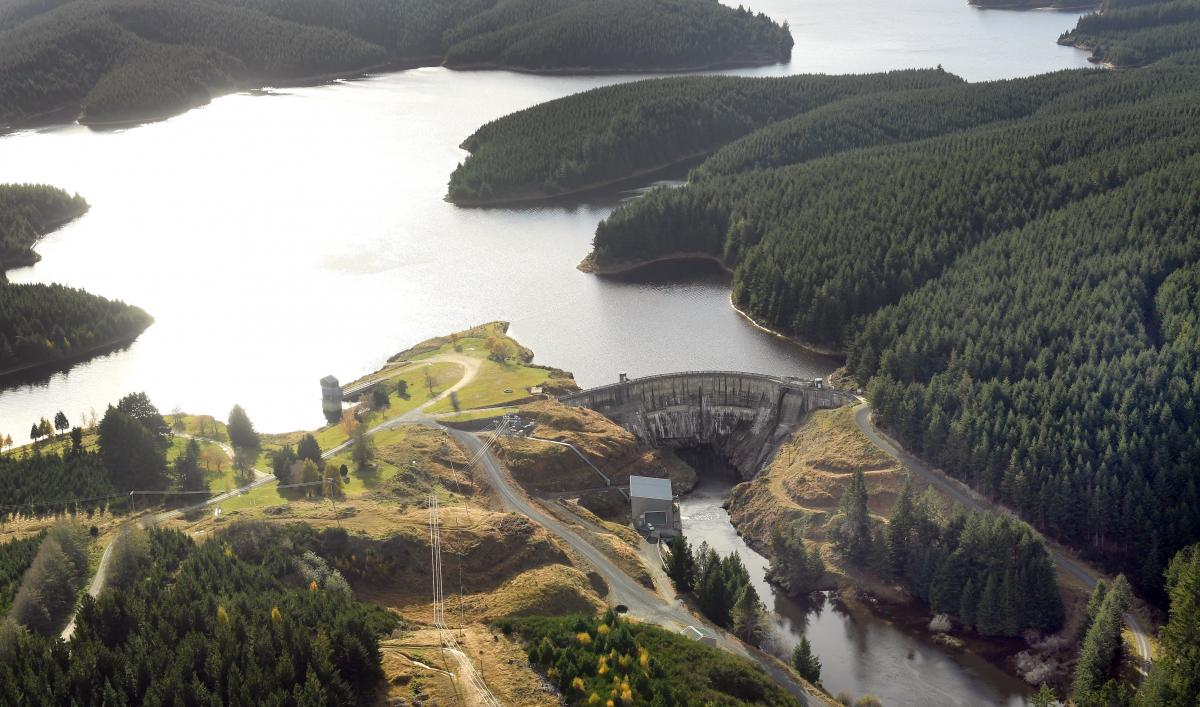The Commerce Commission announced yesterday it had approved Contact Energy acquiring Manawa Energy after a year of deliberation, with a $1.9billion sale.
Contact, one of the ‘‘big four’’ gentailers (generator/retailers), will swallow up the fifth largest Manawa, leaving the new company with ownership of 24% of the electricity generation in New Zealand.
Commerce Commission chairman Dr John Small said in a statement the commission was satisfied this move will not lessen competition in the New Zealand market.
‘‘Ultimately, we do not believe that the acquisition will push energy prices up for consumers, increase co-ordination between generators in the market [for physical electricity], or reduce the supply of new shaped hedges [fixed contracts protecting against fluctuations of electricity prices],’’ he said.
Electric Kiwi chief executive Huia Burt differed from the commission and said a large company growing even bigger put even more pressure on retailers.
‘‘By bringing in and diversifying their generation portfolio with Manawa, they have a greater ability or share of that market,’’ she said.
‘‘It’s really about the consolidation of what is already a very concentrated market, where we have this refusal to supply these shaped hedges.’’
Shaped hedges offered price protection during specific periods. They are designed to manage risk associated with fluctuating wholesale power prices.
Electric Kiwi had filed a complaint against the ‘‘Big Four’’ retailers [Meridian, Mercury, Genesis and Contact] to the commission in 2023, arguing they used their market share to put pressure on smaller retailers.
Earlier this year the Energy Competition Task Force announced non-discrimination methods, where gentailers would be prevented from preferential treatment and provide great transparency over their products.
This was a step in the right direction according to Ms Burt, but more needed to be done to prevent market consolidation.
‘‘We think the work that is happening now needs to be strengthened. Manawa was the fifth player – there’s now four as it’s been gobbled up.
‘‘We already have [a] massively concentrated market. We need a diversity of generators, retailers, and players to get innovation going, investment going, and bring down prices,’’ she said.
New Zealand consumers will suffer if the market continued to get cornered by these larger players, and Ms Burt called for more forward thinking on the issue.
‘‘What we need to be thinking about is how to turn this ship around.
‘‘No-one wants to keep facing these double-digit [price] increases, and seeing the market get smaller and more concentrated,’’ she said.
Contact Energy chief executive Mike Fuge said, in a statement, the combination of the two companies was an important step forward and would help not hinder New Zealand consumers.
‘‘It will give us greater ability to invest in future renewable energy generation, enhance market security and ultimately contribute to reducing wholesale prices long term.
‘‘There’s a big job ahead to continue building the sustainable electricity system New Zealanders deserve, which the teams of both companies are deeply committed to.’’
Both companies own generation assets in the south. Contact Energy has the Roxburgh hydro dam, which produces up to 320MW, and the Clyde hydro dam, which produces up to 432MW.
Manawa Energy operates the Paerau & Patearoa, which has an output of up to 12.3MW, Deep Stream, which produces up to 6MW, and Waipori, which has a maximum output of 87MW.














